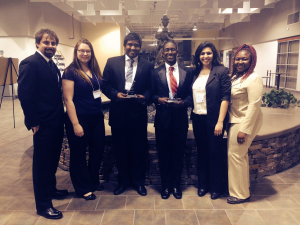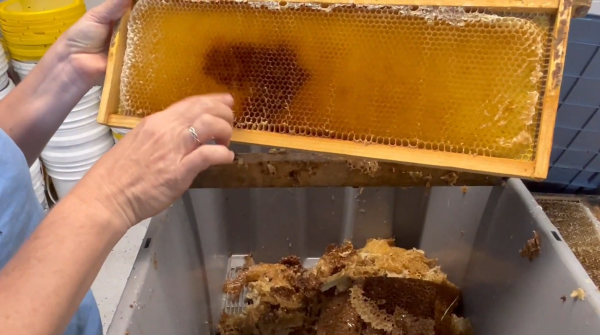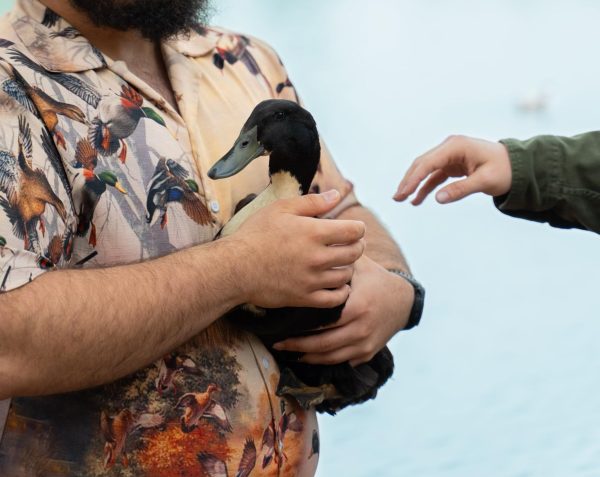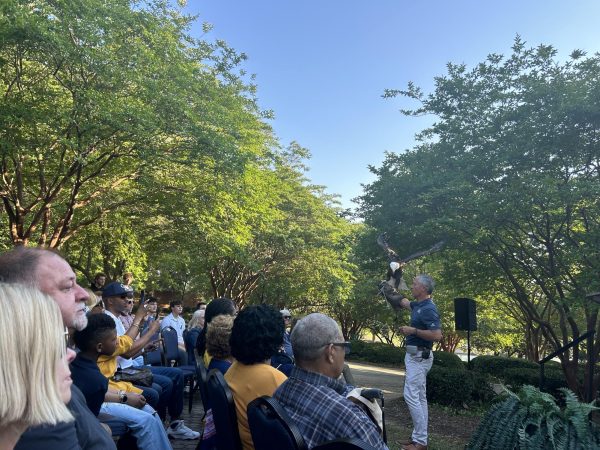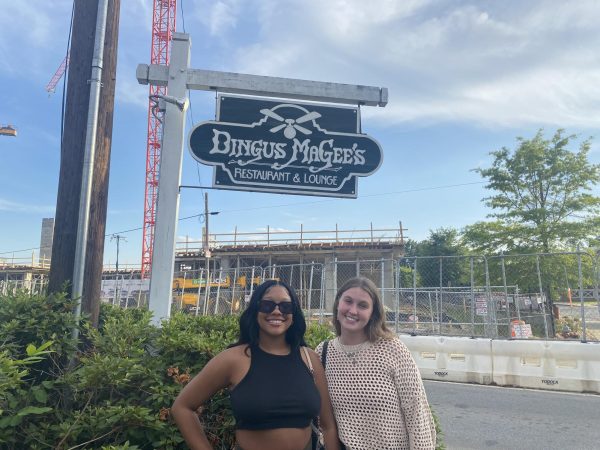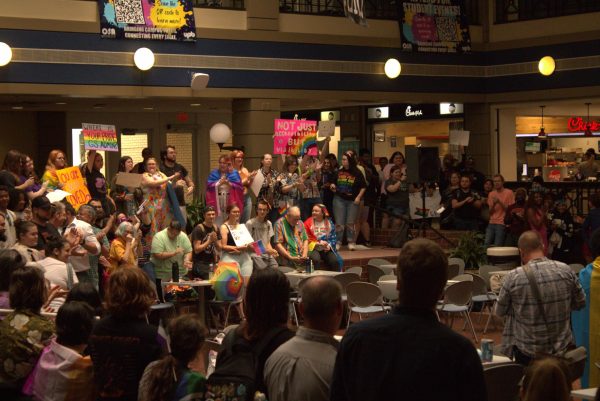GSU surprises at “coopetition”
April 15, 2014
Last Friday the Georgia Southern University Mock Mediation team competed at the Kennesaw State University Invitational against five other teams in the region.
The team won two awards at the invitational: Best team overall and Top Advocate Client. The competition lasted over two days with sessions of one and a half hours each. There was feedback given after each session.
“You get feedback from people who volunteered, professionals, directors of Georgia mediation boards, lawyers, authors of mediation books,” Jessica Shanken, Mock Mediation club public relations chair and sophomore international studies major, said. “You get a lot of different perspectives because each person has a different way of practicing mediation so you get a lot of opinions.”
Case scenarios ranged between international business problems, local business disputes and government disputes.
GSU is ranked third in the region for its mediation team, after Clayton State University, which was unable to make it to the competition, and Brenau University.
“There is a trend starting now for people to call it ‘coopetition’ opposed to competition. The whole point of mediation is collaboration and working together. They want you to see the word and get confused. Everything says ‘coopetition,’ even the trophies,” Dylan John, president of the Mock Mediation club and junior construction management major, said.
“We came out really strong. For many of our competitors, it was their first competition,” Shanken said.
Categories are divided between Advocate Client and Mediation. Jonathon Quintyne and Tashai Gilman won the Top Advocate Client award for being the best team working together.
The team did not expect to be recognized for any awards at this competition.
“We were not bothered about winning awards at this competition. We had already placed third in the region. We’ve conducted a training program this semester and we wanted to get exposure to see how well it worked,” John said.
GSU’s team was the only undergraduate team allowed to watch the graduate student competition, which covered an inter-corporation dispute.
“People actually asked us if we were graduate students because we were so prepared,” Shanken said.
The difference between graduate and undergraduate student competitions is that graduate competitions are more often done by law students. The reasoning is more legally focused and there are four rounds instead of three.
Graduate students asked to sit in on the team’s prep time and see the structure, John said.
“Our philosophy is a lot different from other clubs and teams. Most teams would not allow another team to sit in on their prep time but for us it isn’t a problem. We like to share what we learn with others. We want to help other people train as well,” John said.
The competition was done in conjunction with another event Kennesaw State University was hosting and the awards were given by their guest, the Nigerian ambassador to Thailand.
John said, “We have set up a very, very strong foundation. At the end of this competition, we are standing at twelve awards with possibly another at the end of the month at a ceremony for [GSU].”


